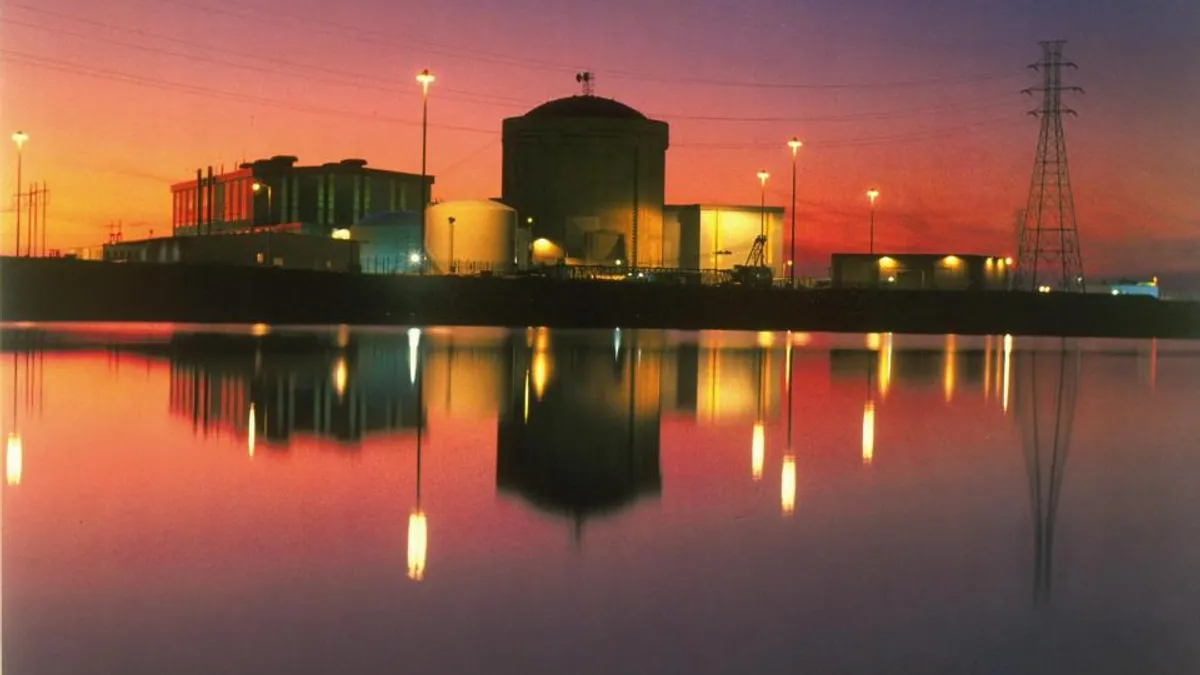Dive Brief:
- The South Carolina Congressional delegation was shocked when a federal tax credit for nuclear power was left out of the federal spending bill agreed to in last weekend's budget compromise, leading Sen. Lindsey Graham (R) to say he would not vote for the $1.1 trillion legislation.
- The Post and Courier reports the decision could force South Carolina utility SCANA to stop work on the V.C. Summer project.
- Toshiba’s nuclear development subsidiary Westinghouse Electric is developing the project, but filed for Chapter 11 bankruptcy court protection in a move that could slow development.
Dive Insight:
A bipartisan spending bill agreed to last weekend does not have the support from the South Carolina delegationto bolster ongoing nuclear construction with a tax credit, according to the Post and Courier. At least one Senator will vote against it while others expressed consternation.
"We're already jeopardizing more than 5,000 jobs in the state," Sen. Tim Scott (R) told the newspaper ."We're already reneging on a federal government commitment to the state of South Carolina. ... It gives me tremendous heartburn."
The V.C. Summer nuclear plant is already over-budget and behind schedule, but Westinghouse's April bankruptcy may mean further delays and the possibility that a 2020 tax credit deadline would not be met.
Cost overruns have dogged the two nuclear facilities under construction by Westinghouse: SCANA's project and Southern’s Vogtle plant in Georgia and SCANA’s V.C. Summer project in South Carolina. And in March, the Atlanta Journal Constitution reported Vogtle is likely to miss another deadline in the upcoming months. Westinghouse is the major nuclear energy design firm in the United States, and the MIT Technology Review said the bankruptcy threatens new nuclear construction in the U.S.
Absence of the nuclear credit was a surprise after last weekend's congressional budget compromise, which restored energy-related funding to several agencies which had been threatened. The U.S. Environmental Protection Agency's budget was reduced just 1%, after President Trump had proposed a 31% cut. Rather than being eliminated, the Department of Energy's Advanced Research Projects Agency-Energy received a $15 million boost instead.















